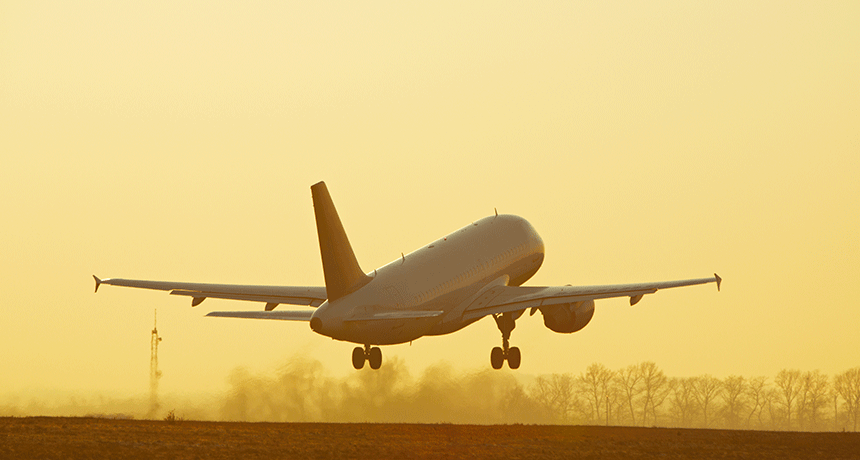atmosphere The envelope of gases surrounding Earth or another planet.
average (in science) A term for the arithmetic mean, which is the sum of a group of numbers that is then divided by the size of the group.
carbon dioxide (or CO2) A colorless, odorless gas produced by all animals when the oxygen they inhale reacts with the carbon-rich foods that they’ve eaten. Carbon dioxide also is released when organic matter burns (including fossil fuels like oil or gas). Carbon dioxide acts as a greenhouse gas, trapping heat in Earth’s atmosphere. Plants convert carbon dioxide into oxygen during photosynthesis, the process they use to make their own food.
climate The weather conditions that typically exist in one area, in general, or over a long period.
colleague Someone who works with another; a co-worker or team member.
commercial (in research and economics) An adjective for something that is ready for sale or already being sold. Commercial goods are those caught or produced for others, and not solely for personal consumption.
fossil fuel Any fuel — such as coal, petroleum (crude oil) or natural gas — that has developed in the Earth over millions of years from the decayed remains of bacteria, plants or animals.
global warming The gradual increase in the overall temperature of Earth’s atmosphere due to the greenhouse effect. This effect is caused by increased levels of carbon dioxide, chlorofluorocarbons and other gases in the air, many of them released by human activity.
graduate student Someone working toward an advanced degree by taking classes and performing research. This work is done after the student has already graduated from college (usually with a four-year degree).
greenhouse gas A gas that contributes to the greenhouse effect by absorbing heat. Carbon dioxide is one example of a greenhouse gas.
jettison To get rid of part of a vessel’s cargo or its materials. This lightens its load and can make it easier to maneuver.
lift An upward force on an object. It may occur when an object (such as a balloon) is filled with a gas that weighs less than air; it can also result when a low-pressure area occurs above an object (such as an airplane wing).
online (n.) On the internet. (adj.) A term for what can be found or accessed on the internet.








